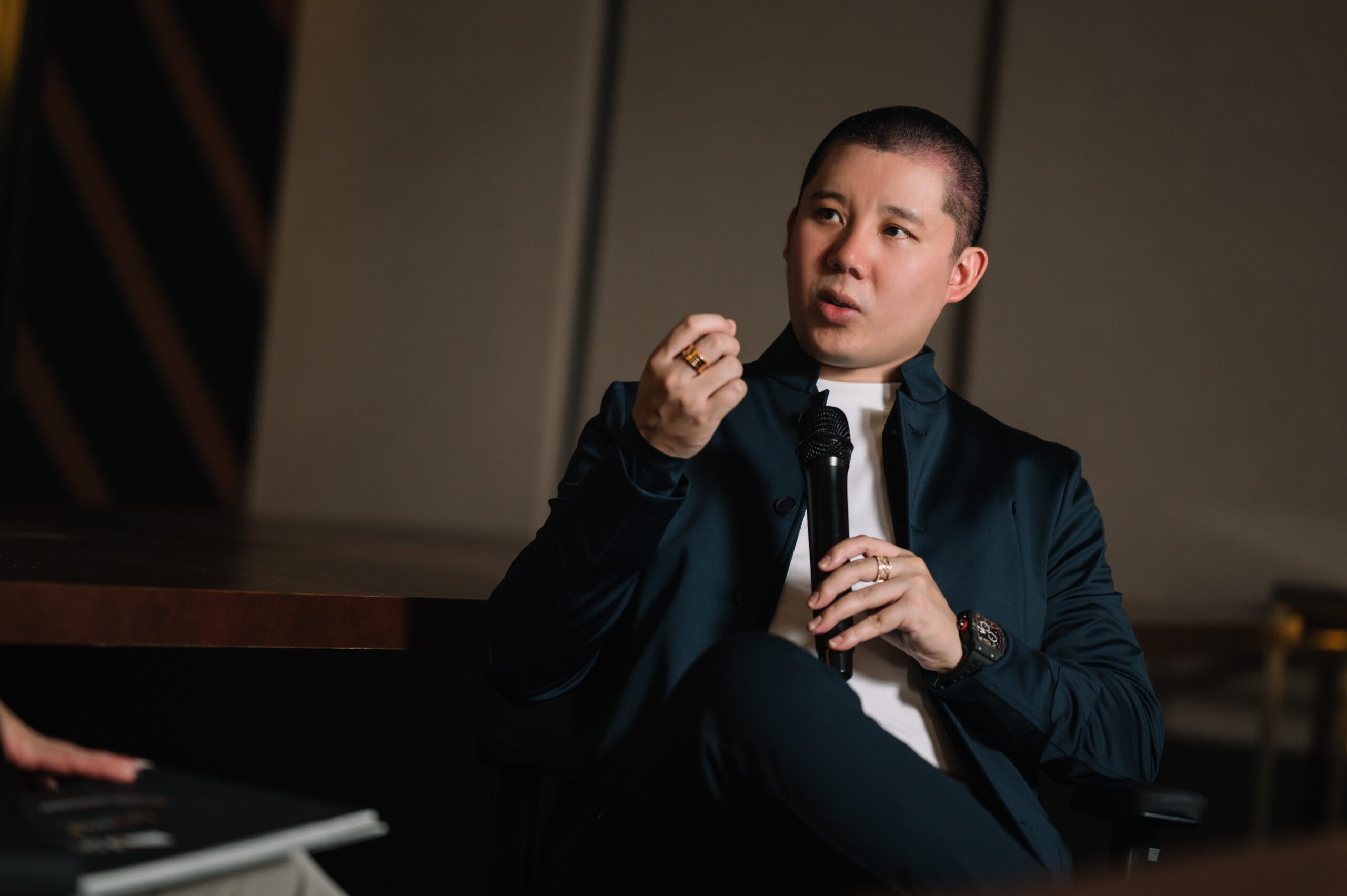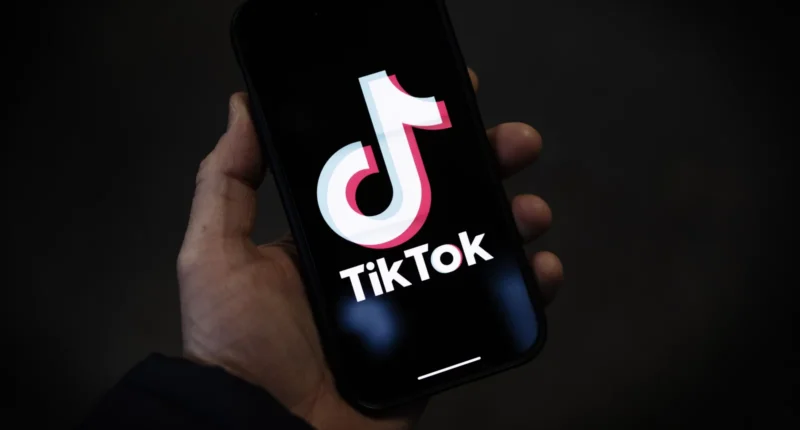The art of storytelling is deeply ingrained in American culture, shaping everything from the nation’s history to its entertainment and technological innovations. Among the most captivating narratives to emerge in recent times is that of Bitcoin, a digital currency that has sparked intense debate, speculation, and investment across the globe. This phenomenon begs the question: Is Bitcoin merely a compelling story, perhaps even one orchestrated by the United States as part of a broader strategy?
Bitcoin’s story begins in 2008, amidst the rubble of the financial crisis, with the publication of a whitepaper by the pseudonymous Satoshi Nakamoto. It promised a decentralized financial system, one where transactions could be made peer-to-peer, without the need for a central authority. This narrative struck a chord with many who had lost faith in traditional financial institutions, viewing Bitcoin as a beacon of autonomy and transparency in a system fraught with corruption and inefficiency.
The allure of Bitcoin lies not just in its technological innovation but in the powerful narrative of empowerment and revolution. Americans, in particular, have shown a propensity for stories that champion individual liberty and challenge the status quo. Bitcoin fits neatly into this tradition, appealing to a wide audience that ranges from tech enthusiasts to libertarians, and even to those simply drawn by the promise of quick wealth.
However, the suggestion that Bitcoin’s rise was pre-arranged by the United States introduces a layer of complexity to the narrative. To evaluate this claim, it’s crucial to consider the implications and motivations behind such a move. On one hand, fostering a technology that could potentially destabilize the traditional financial system seems counterintuitive to the interests of a country whose power is deeply intertwined with the global dominance of its currency, the dollar.
On the other hand, America’s entrepreneurial spirit and its history of innovation suggest that it could indeed be the birthplace of a technology that challenges conventional monetary systems. The U.S. has a track record of supporting disruptive technologies that eventually find global application, reinforcing its position as a leader in technological advancement.
Moreover, the decentralized nature of Bitcoin and its blockchain technology does not easily lend itself to the notion of being a tool of any single nation-state, including the U.S. The very essence of Bitcoin is its operation outside of traditional financial systems and regulatory frameworks, making the idea of it being a state-sponsored narrative somewhat paradoxical.
Yet, the speculation that Bitcoin could be a story crafted by the United States speaks to the power of narratives in shaping our understanding and acceptance of new technologies. Whether or not Bitcoin is an American creation or a spontaneously arisen global phenomenon, its story encapsulates themes of innovation, freedom, and a challenge to the established order, resonating with audiences worldwide.
As Bitcoin continues to evolve, its story becomes ever more complex, weaving together tales of technological breakthroughs, financial speculation, legal challenges, and philosophical debates about the nature of money and trust. Regardless of its origins, Bitcoin has undeniably captured the world’s imagination, demonstrating the profound impact that a compelling narrative can have on the adoption and perception of new technologies.
In conclusion, while it’s intriguing to consider the role of American storytelling prowess in the rise of Bitcoin, the currency’s global impact suggests that its appeal transcends national narratives. Whether orchestrated or organic, Bitcoin’s story is one of the most fascinating tales of the 21st century, embodying the tensions and possibilities at the intersection of technology, finance, and society. As with any good story, the ending remains uncertain, but the journey is sure to hold our attention.












